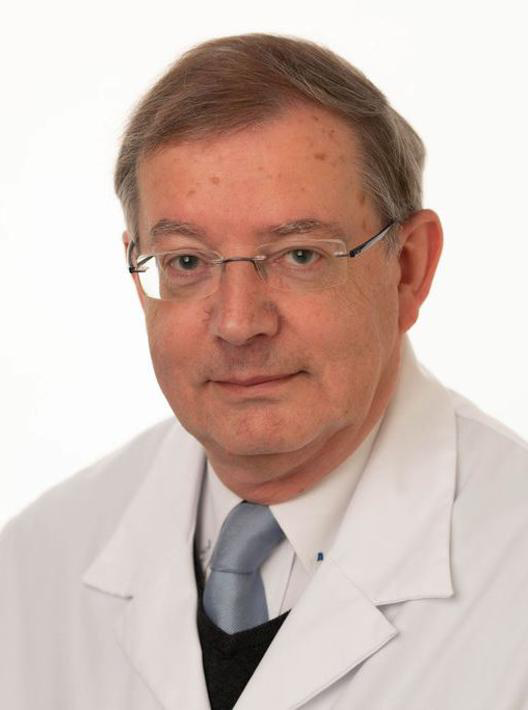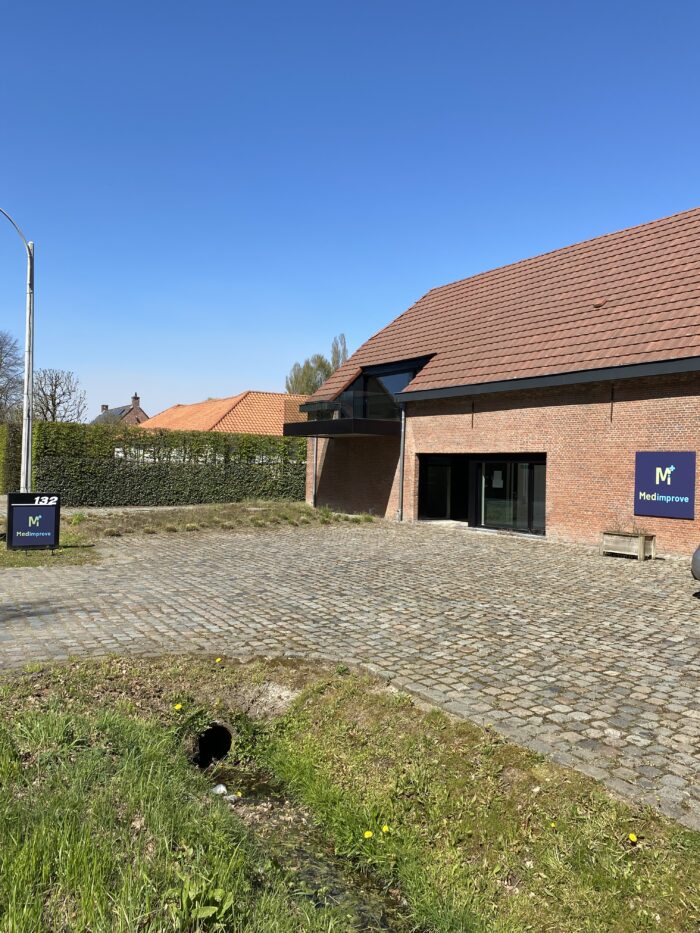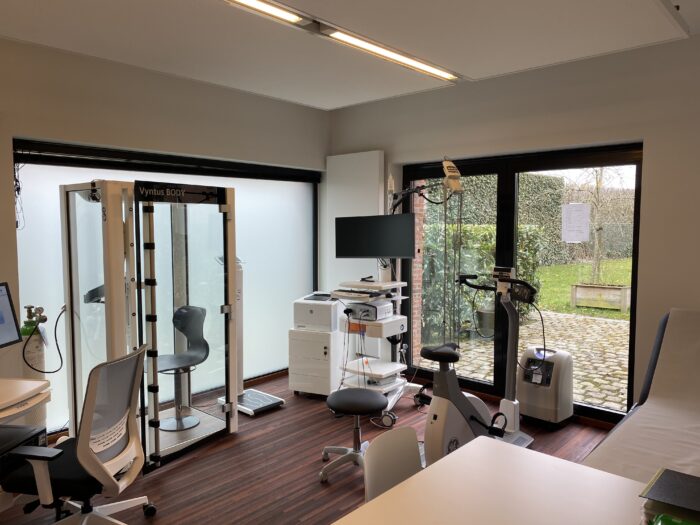MEDIMPROVE – A new private clinic for lung revalidation with FRI
To address the need for better chronic respiratory care, Prof De Backer, emeritus Professor Pulmonology at the University of Antwerp and Chairman of The board of FLUIDDA NV, has opened a private clinic in Belgium near the Fluidda headquarters in Kontich, Belgium.
The clinic uses a multidisciplinary approach for chronic respiratory failure. Care at this private clinic can involve exercise rehabilitation, non-invasive ventilation, oxygen treatments, sleep studies, and the most recent inhalation treatments or devices. “We can put together everything that is available at the moment,” he states.
Because of the clinic’s proximity to Fluidda, De Backer has been able to regularly use Fluidda’s FRI technology to assess patients. Prof De Backer: “We try to phenotype the patients as much as we can.” FRI aids in this effort by providing information that cannot easily be obtained by other approaches. “We have more insight into the lung vasculature, tissue, and airways,” De Backer comments. Exemplifying this increased insight, he adds, “We could immediately see what happens in patients with COVID. There was a big problem with the vasculature in those patients.”
De Backer further explains, “We can also measure the resistance in the airways from the images and look at the deposition of inhaled products and medications.” These measurements are very useful because they can indicate whether the inhaled compounds used for treatment reach their targets. In this way, they allow treatments to be adjusted as needed. “With this technology, we can take a step forward in diagnosis and the allocation of different treatments in patients with chronic, severe respiratory failure,” De Backer summarizes.

IMPROVING PATIENT CARE
The MEDIMPROVE private clinic has been using FRI to phenotype patients and update their treatments for more than a year now. This approach seems to be very effective. “We can keep patients out of the hospital, even the very severe ones,” he states.
De Backer attributes the reduced hospital readmissions he has observed to the personalized approach to medicine enabled by FRI. He reiterates that his clinic is using treatments that have already been established. The difference is that the specific program of non-invasive ventilation, exercise training, and other interventions prescribed to each patient is based on his or her pulmonary disease phenotype. “Everything is tailored to the needs of the patient,” he explains.
He thinks that combining advanced diagnostics with currently available therapeutics in a personalized medicine approach will greatly improve chronic respiratory care overall. “They are undertreated quite a lot,” he says of chronic respiratory disease patients in general, “They are coming to an end-stage, and there seems to be no treatment.”
However, there may be a treatment or treatments that could work for these patients if doctors had more insight into the condition of their lungs and whether treatments were reaching their targets. “If you can phenotype better, you can do more for patients,” De Backer states. Better care for these patients would benefit the healthcare system by reducing the costly readmissions that otherwise occur about every three months. It would also be better for the patients themselves. De Backer explains, “When they are so frequently hospitalized, they get additional treatments.” Unfortunately, these treatments typically focus on the acute problem rather than the chronic one, resulting in suboptimal results for the patient.

GLOBAL VISION
The holistic approach used in De Backer’s private clinic could be implemented worldwide. Doing so would likely represent an advance for the field of respiratory medicine and lead to better outcomes for patients with lung disease across the globe. That said, there are challenges to the broad adoption of these practices.
“I think that radiology is not on board yet,” De Backer says, “They are not asking for quantification of their domain.” Even though the quantification that is possible through radiographic images offers many advantages, radiologists have some concerns about the artificial intelligence used to perform it. De Backer notes that their hesitation is understandable. They know that artificial intelligence can be unreliable. However, this problem only arises when the data used to train the artificial intelligence models is not well labelled. “Artificial intelligence is meaningful if you train the models using very well labelled clinical data, specifically images that correlate with disease diagnoses,” he explains. Further, Fluidda already has such data from the 15 years of clinical studies that have already been performed using FRI. These images are already labelled with basic information such as patient age along with data on baseline lung function and how that function changed over the course of the study.
He also indicates that it is up to Fluidda to continue to demonstrate the value of quantitative radiographic imaging. De Backer expects that the company will be able to publish studies showing that with quantification, you can improve diagnosis, treatment selection, and patient outcomes. He also thinks that his clinic’s approach may help clinicians avoid treating patients with expensive but ineffective compounds. “You need maybe a year to see whether an expensive compound is working,” De Backer says of the current practice of respiratory medicine, citing the biologics used to treat severe asthma as an example. “If you could get an indication with these quantitative CTs at the very beginning of the treatment that those products are not working, you can stop sooner,” he adds.
Ultimately, De Backer anticipates that clinical requests rather than radiologists will drive the move to use FRI in the care of patients with chronic respiratory diseases worldwide. Of the global implementation of FRI in clinics, he says, “I think it will come from the overall feeling that we should go to more personalized medicine for more efficient treatments.” He also expects that there will be a clinical interest in the improved evaluation of expensive or invasive drugs treatments that may be possible with FRI. “If you do something invasive or not reversible, you would like to have a good indication that the treatment will work,” he offers as an example.
“We have clinical success, so it makes sense to have multidisciplinary clinics in other places,” De Backer concludes, “It’s not business. It’s what patients need.”
More information you can find here: www.medimprove.be

Categorised in: Interviews, Miscellaneous / May 10, 2022 12:21 pm /
Tags: Clinic, FRI, lung, MedImprove, Patient, Respiratory